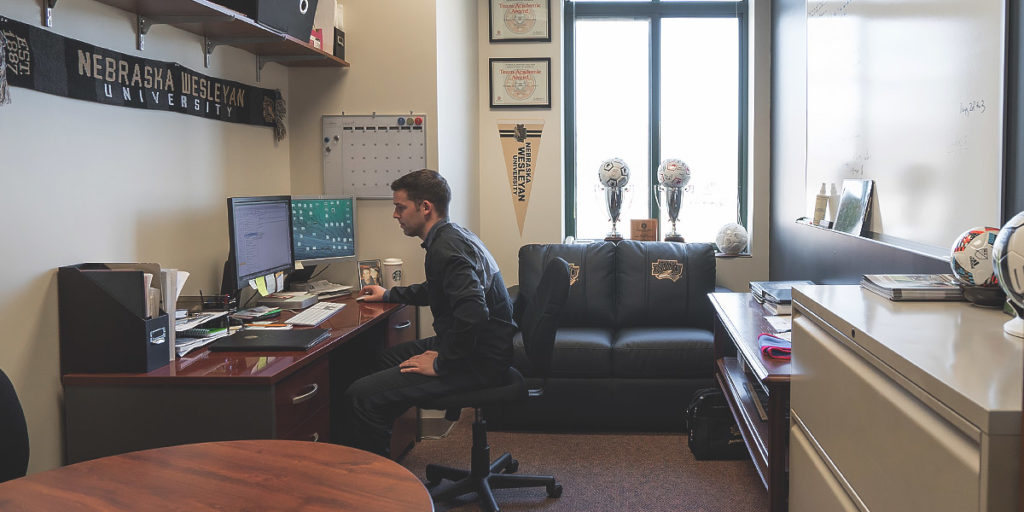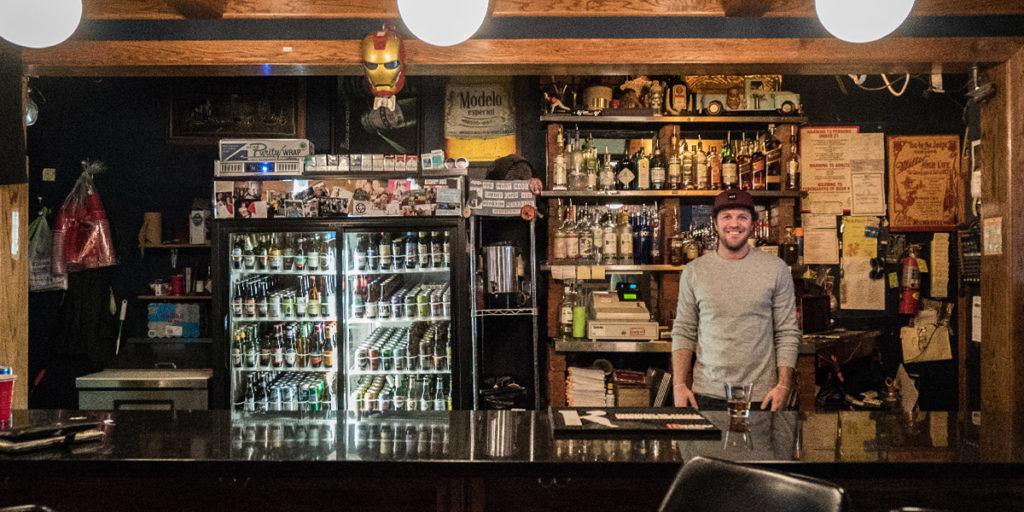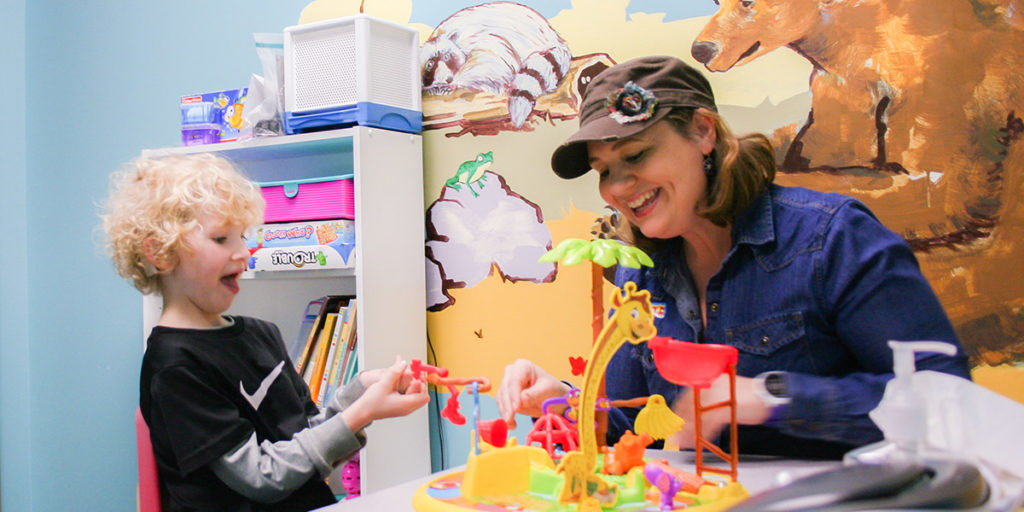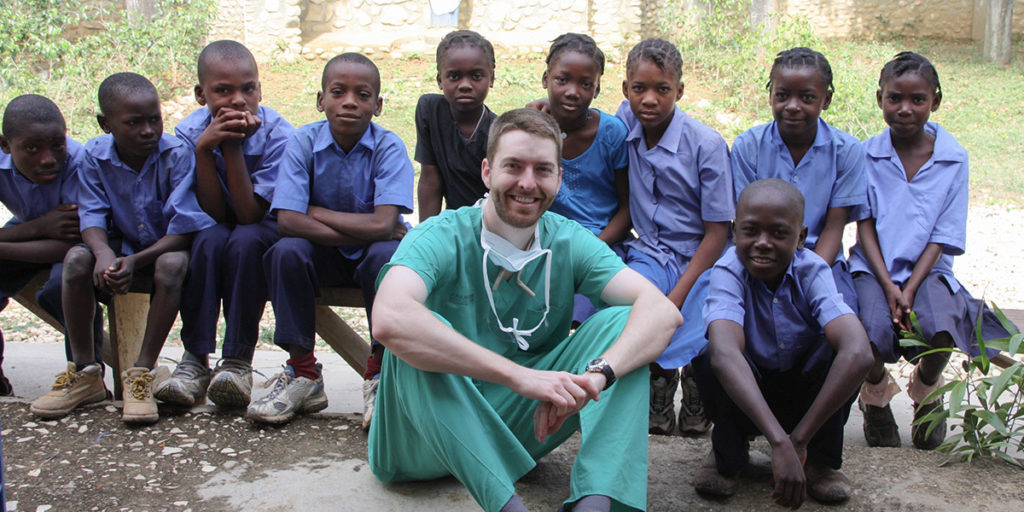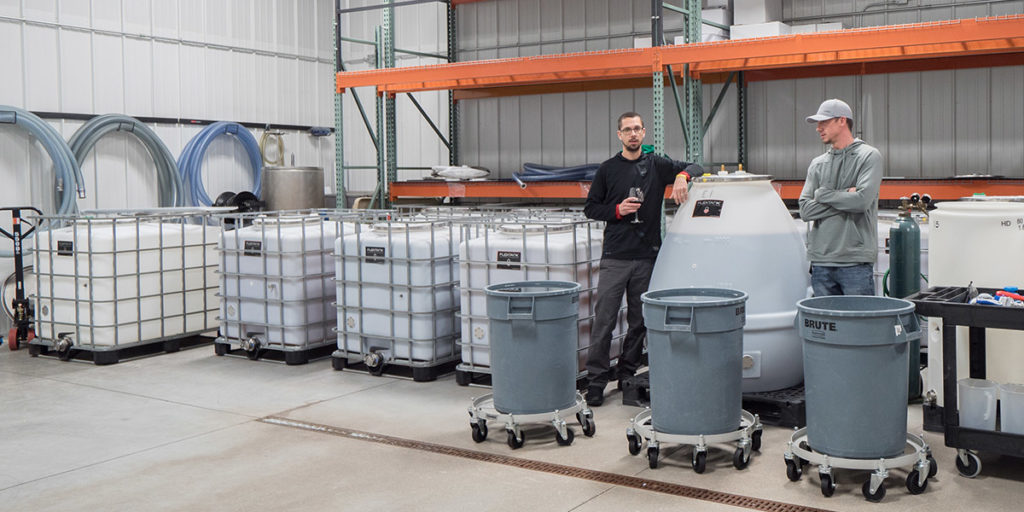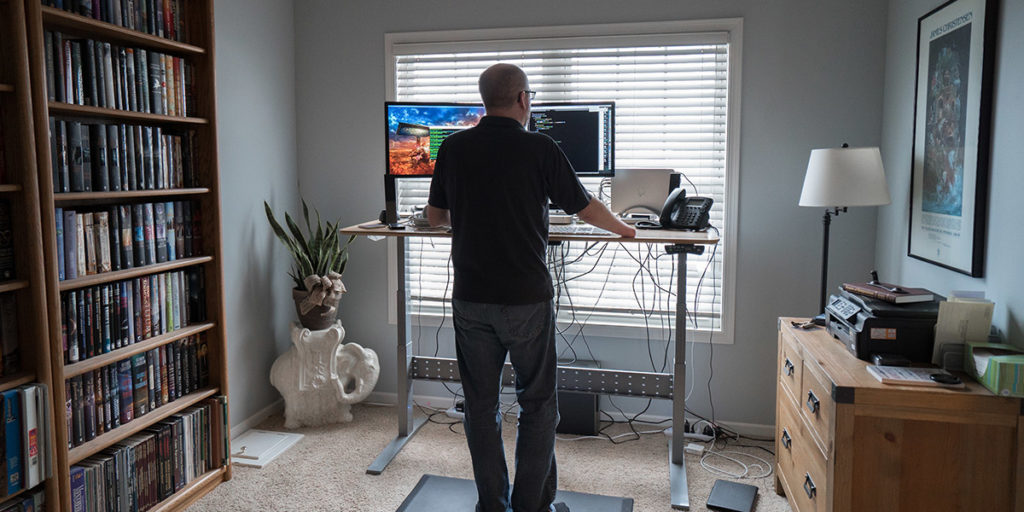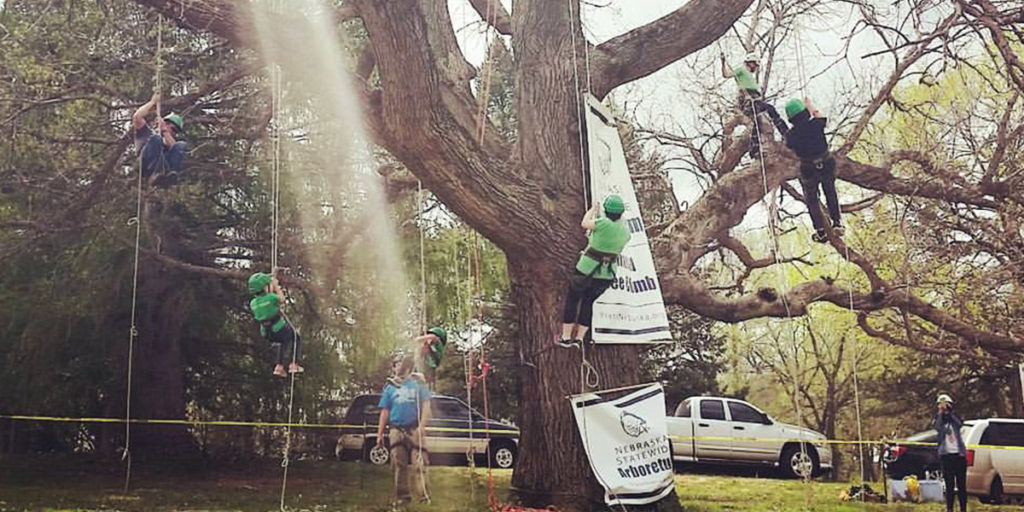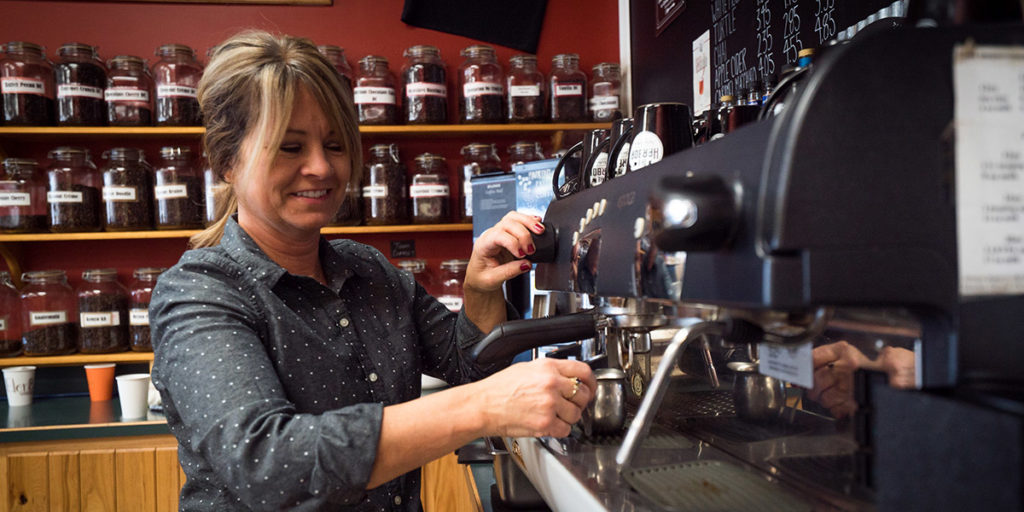
Roxane McCoskey has worn a lot of hats in her life. She’s been a stay at home mom, a work-from homer, an athletic director’s assistant, a farmers market vendor and now she’s a coffee shop owner.
Did we mention that Roxane didn’t even like coffee when she opened her coffee shop?
But Roxane didn’t get into the coffee business for the coffee, for her it was all about loveknots.
Loveknots are sweet knots of dough with a thick swipe of frosting on top. Every Christmas, Roxane’s mother-in-law made loveknots using a secret family recipe and the entire family devoured every last one. They often talked about how they should start a business selling them, because who could not love a loveknot?!
As years passed, Roxane tried her hand at making loveknots, but it wasn’t so easy. She had lots of failed attempts – years of failed attempts – until she finally got the recipe down and she became the official holiday loveknot maker.
But the question still remained, could they sell loveknots? Roxane and her family decided to test out their theory at the farmers market. They set up a table, laid out the loveknots and waited. Nothing happened.
“We didn’t realize that people didn’t know what loveknots were,” Roxane said. “But once we started putting out samples people would try it and immediately buy one.”
They sold 700-800 loveknots every weekend, oftentimes selling out an hour before the market ended. Then came the questions from their eager customers, ‘Where’s your shop?’ and ‘How can I buy more of these?’
So, Roxane and her husband started looking for retail space. However, they quickly realized that opening a shop that only sold loveknots might be difficult, so they decided to look for a coffee shop.
After scoping out their options around town they settled on a shop in the Piedmont Shopping Center and quickly went to work to make it their own. She and her husband originally named it Loveknot Coffee Shop as a way to stay connected with their farmers market customers, but they recently renamed it The Harbor.
Opening a coffee shop was a whole new kind of adventure for Roxane. Sure, she had mastered the loveknots, but running a business with employees and customers was an entirely new endeavor. Plus, she didn’t just want to be the owner of yet another coffee shop in town, she said, Lincoln has plenty of coffee shops but she wanted hers to be different.
And it was. After a few months of being in business, Roxane noticed their her clientele was different than most shops around town. She had regulars, lots of regulars who came with a few friends to drink coffee and chat for a few hours. And Roxane noticed that the majority of her customers were older.
At first, she wasn’t so sure about this. Was this the kind of vibe she wanted for her shop? But now, she said she wouldn’t change it.
Having a large population of older people who frequent her shop has made it a place where people talk with each other instead of avoid eye contact. It’s become a place that’s an extension of people’s homes and a part of their routine.
Her staff is the other thing that’s really shaped the culture at The Harbor. Roxane is very intentional when she hires employees, she looks for dedicated workers with strong people skills.
“I tell them, ‘I don’t want you just to work, I want you to like what you’re doing and build relationships,’ ” she said.
Roxane said it’s been fun to watch her employees build relationships with customers in their own ways. Some of them sit down and do a crossword puzzle with patrons, others offer a kind smile and friendly service, but they all have their own way of making people feel at home.
Walking into The Harbor feels like stopping by a small town coffee shop. There are old guys cracking jokes about birdwatching, the sweet smell of loveknots and coffee and families with their kids. It’s the kind of place that isn’t too concerned about having trendy drinks and decor, but is more focused on the quality and care they pour into each day they’re open.
A lot of the culture at The Harbor has developed on its own, but it’s also been heavily influenced by Roxane, and rightly so.
She’s the owner who started out not liking coffee, but now drinks a few cups a day. The baker who comes in late at night to make loveknots. And the boss who runs the show, but leaves the credit to her staff.
It’s Roxane’s small town upbringing and deep devotion to people that make The Harbor feel as safe and comfortable as the name suggests. Without her, The Harbor wouldn’t be the same.
That’s the thing, Roxane has poured a lot of her life into owning and running a coffee shop. But it seems like that’s what she does with just about anything she’s a part of – her faith, family, friendships, work, marriage. Her life has been about digging in and digging deep.
She’s been asked a few times recently about whether she’ll open another coffee shop and right now the answer is ‘No.’ It’s a nice idea, she said, and maybe even a good business move, but she wonders if it would dilute her passion for the work she does now.
Running a business is a lot of work, and she loves it, but it’s not her entire life and she doesn’t want it to be. She wants to invest well in her staff and customers, prioritize her faith and her marriage and enjoy being a grandmother. These are the things she wants her story to be about, these things, and loveknots.
